Cyprus heads to polls in presidential elections as runoff expected
Cyprus went to the polls on Sunday to elect a new president whose challenges will include breaking a deadlock in reunification talks, tackling irregular migration, and repairing the country's image tarnished by corruption scandals.
Barring a major upset, the Sunday vote is unlikely to produce a clear winner, setting the stage for a runoff on Feb. 12.
Fourteen candidates are running, though the vote is likely to be a tight race between former foreign minister Nikos Christodouldes, who is leading the polls, right-wing DISY party leader Averof Neophytou, and career diplomat Andreas Mavroyiannis backed by the leftist AKEL party.
All three main contenders have been close associates of incumbent right-wing President Nicos Anastasiades, who by law cannot contest a third five-year term.
Polls have suggested turnout will be low. Some 28% of voters abstained in the last election in 2018.
Anastasiades's administration was hit by a corruption scandal in 2020 over its lucrative citizenship-for-investment scheme. A government commission of inquiry found that hundreds of passports had been issued illegally, and that the system ran without adequate oversight for years.
Over this same period, the island had to deal with a spike in irregular migration mainly through a porous buffer zone which splits the island between the internationally recognized south, and a breakaway Turkish Cypriot north.
Christodoulides broke ranks with his own party and its leader Neophytou to run for the presidency, splitting the political right. He is also backed by political parties which have traditionally taken a hard line in reunification talks.
"The day after elections should find us united. The elections will end, but the challenges and problems lie ahead of us," he told reporters as he was cheered by supporters.
Cyprus was split in a Turkish invasion in 1974 after a brief Greek-inspired coup. The last round of peace talks collapsed in 2017.
Some say the three differ more on style rather than substance. "I think that is probably least in the case of Mavroyiannis, more in the case of Christodoulides," said Fiona Mullen, director at Sapienta Economics.
"On foreign policy I think Christodoulides is going to be closer to how Anastasiades has been in his final years," she added, calling that policy "more assertive".
In 2020, while Christodoulides was foreign minister, Cyprus held out for about a month on European Union sanctions imposed on Belarus because the island-nation wanted more action from the bloc against Turkey in a dispute over offshore gas resources.
(Source: Reuters)
VIDEO | Iranians hold nationwide demos in support of IRGC
Syria condemns US veto of Palestine UN membership resolution
Iraqi resistance forces hit Israeli Ovda air base
Hackers break into Israeli military’s computers, access trove of documents
Tulkarm Brigade commander killed by Israeli forces in raid on refugee camp
Zionist media desperately trying to turn Israeli defeat into victory: Iran
VIDEO | Press TV's news headlines
Iran censures US veto of Palestinian request for full UN membership


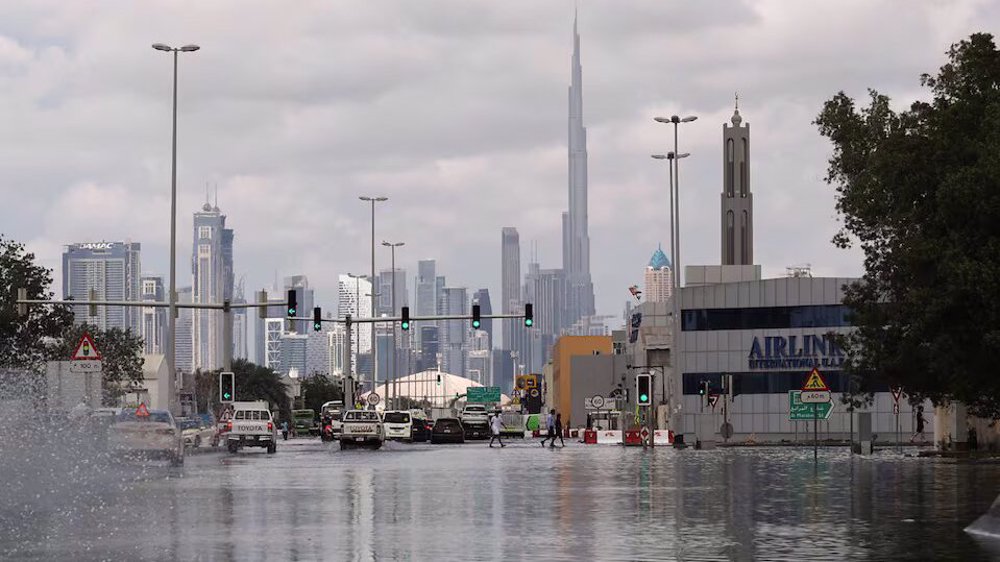
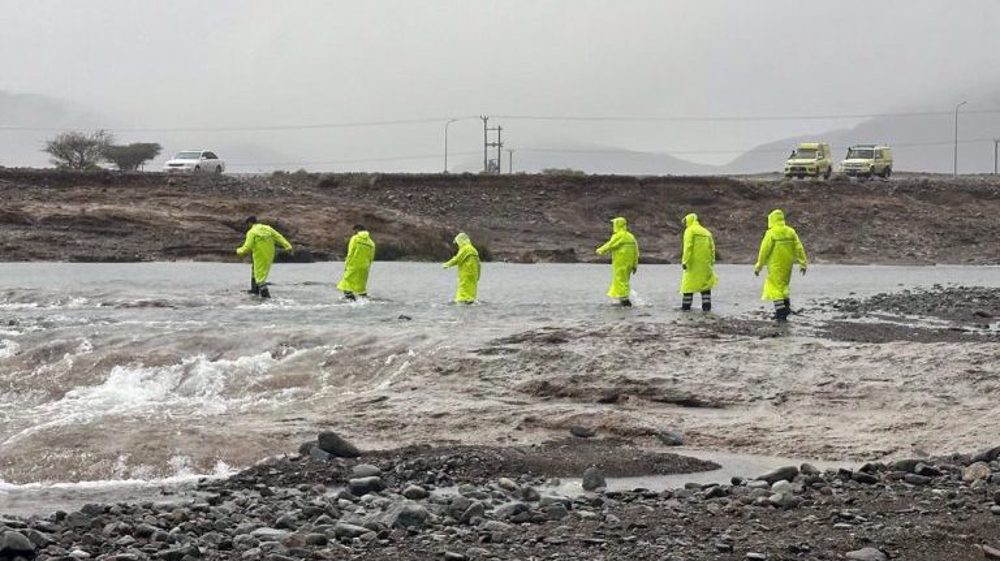
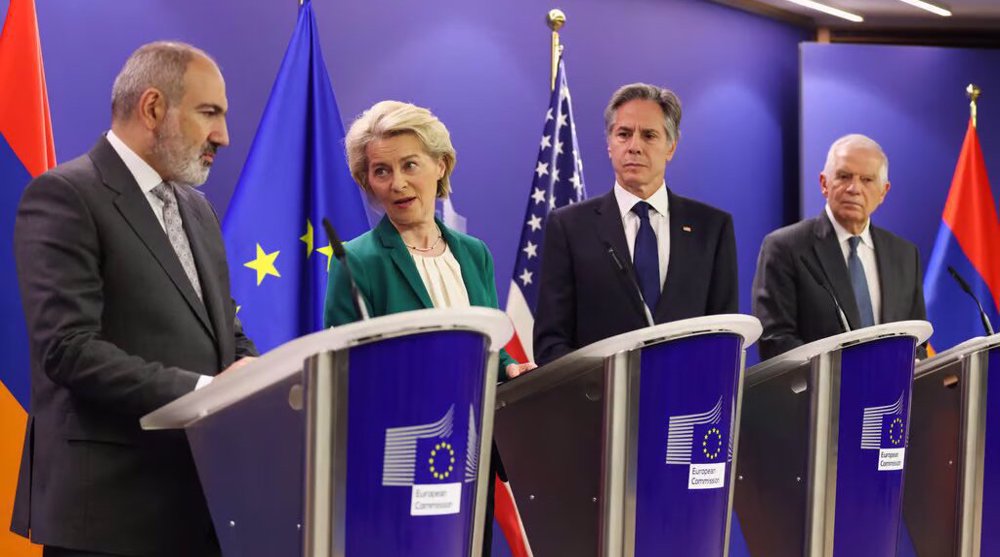



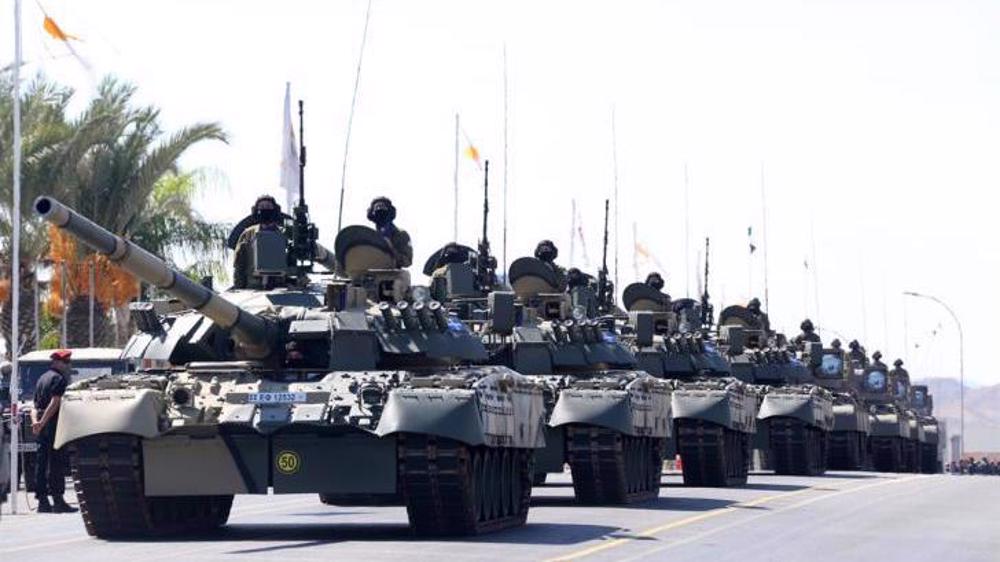
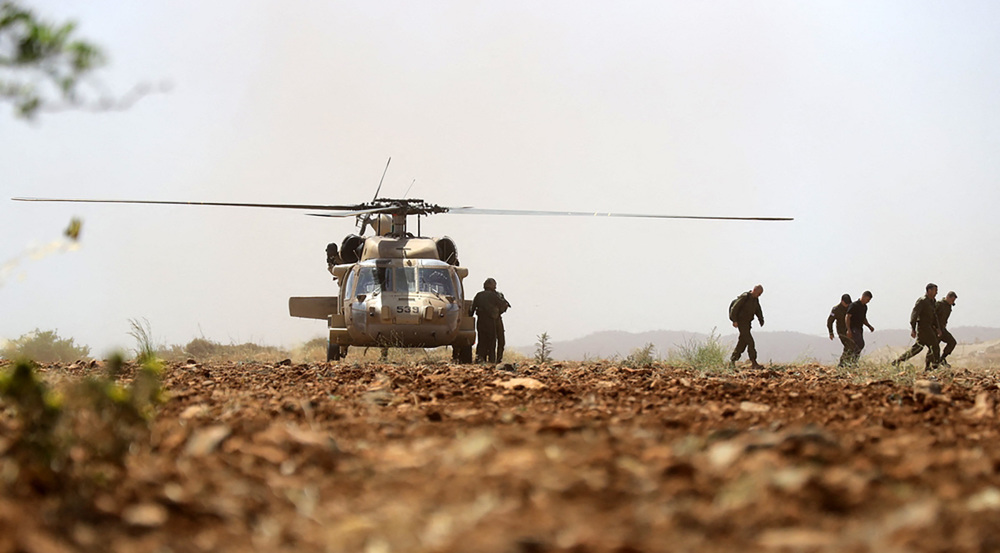
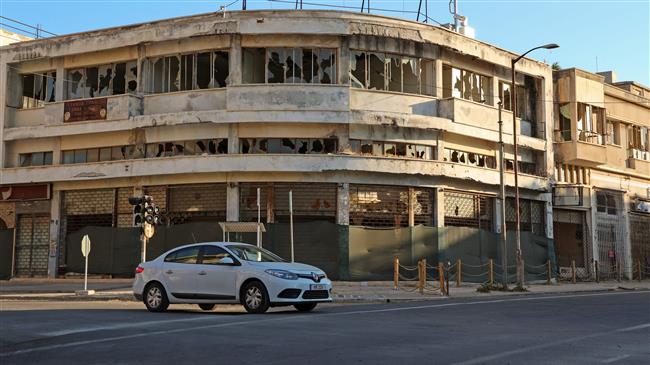
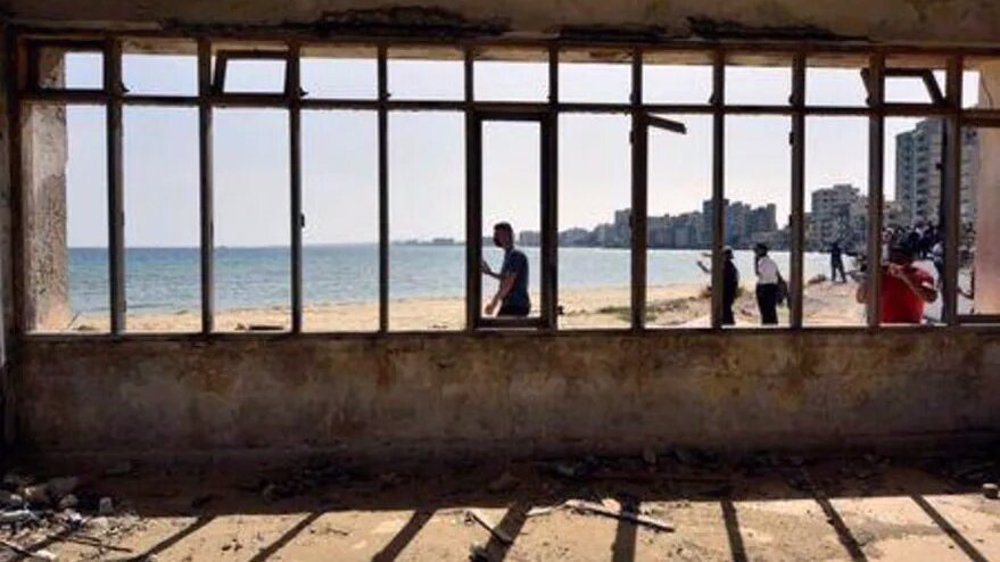
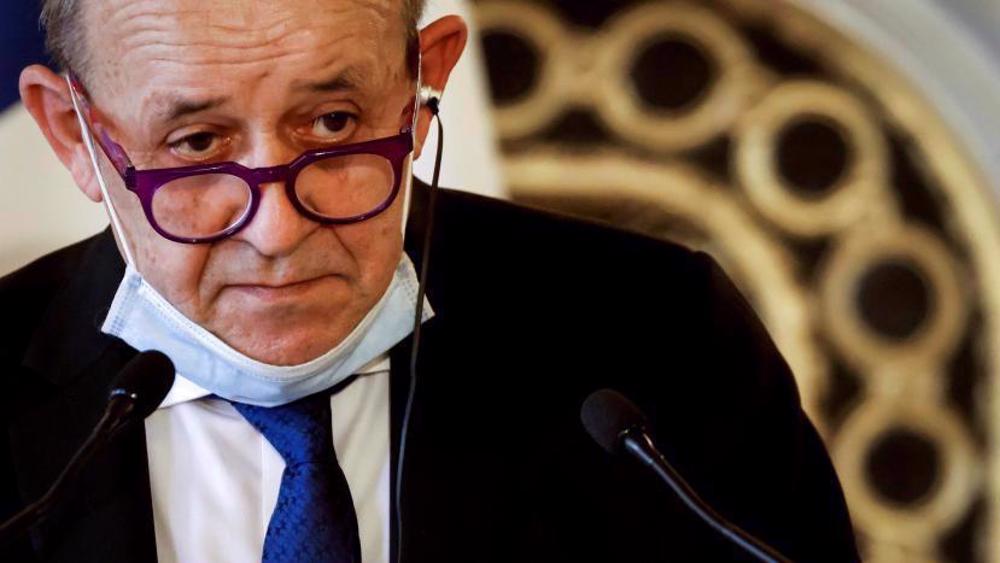
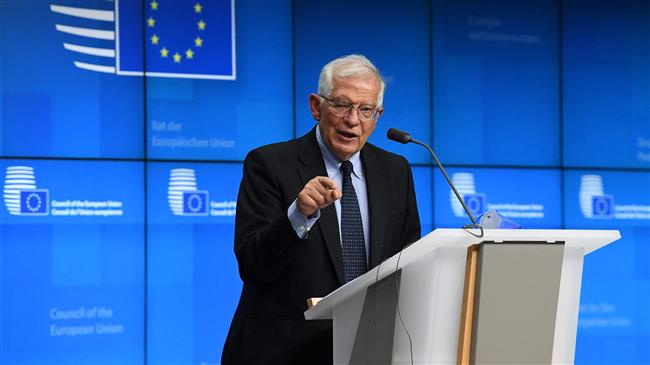
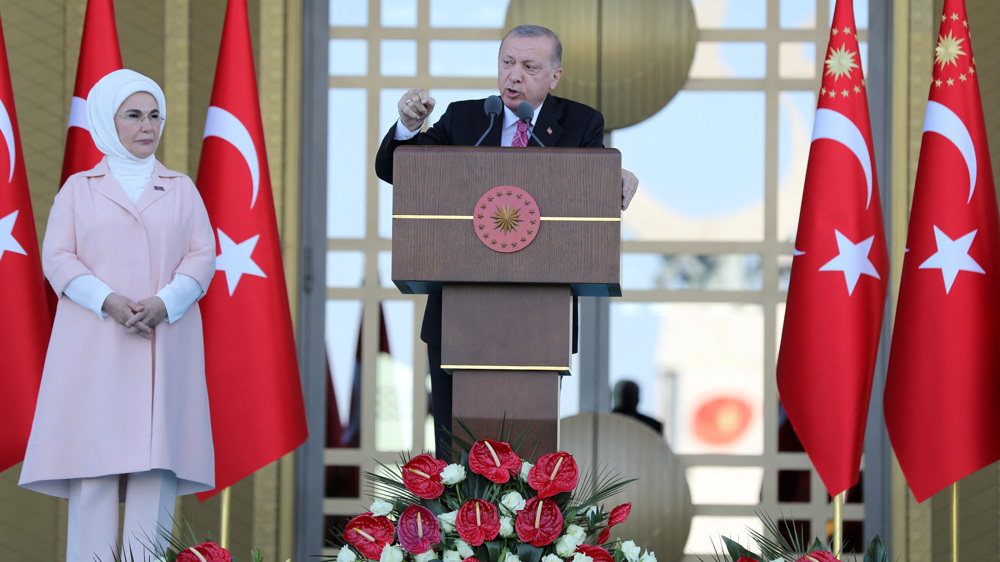

 This makes it easy to access the Press TV website
This makes it easy to access the Press TV website